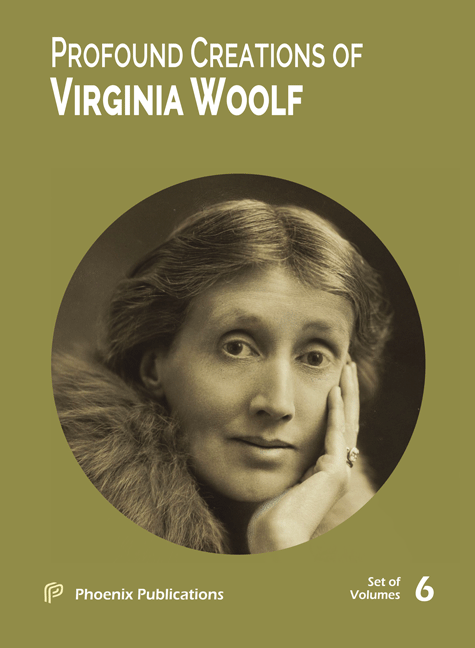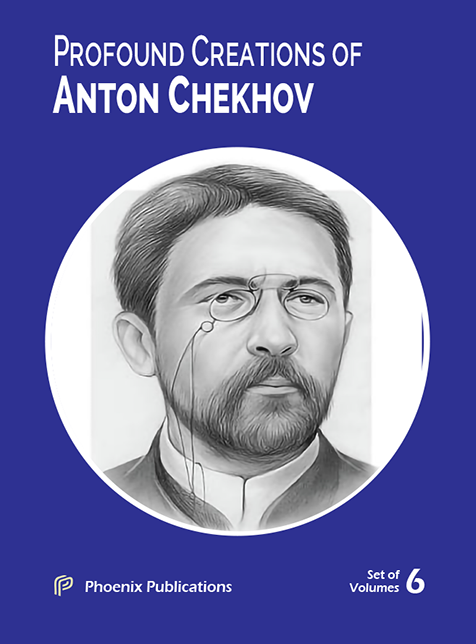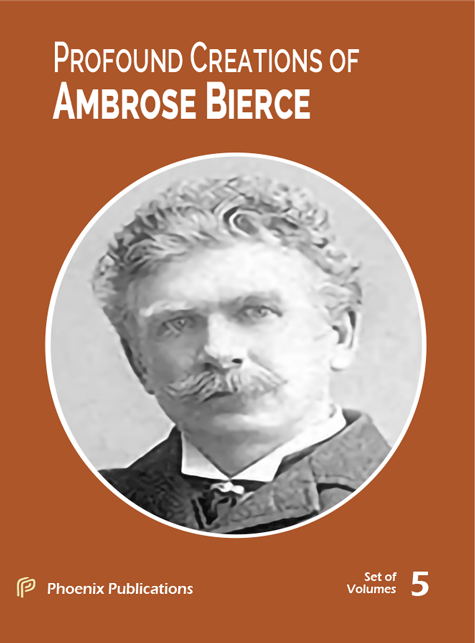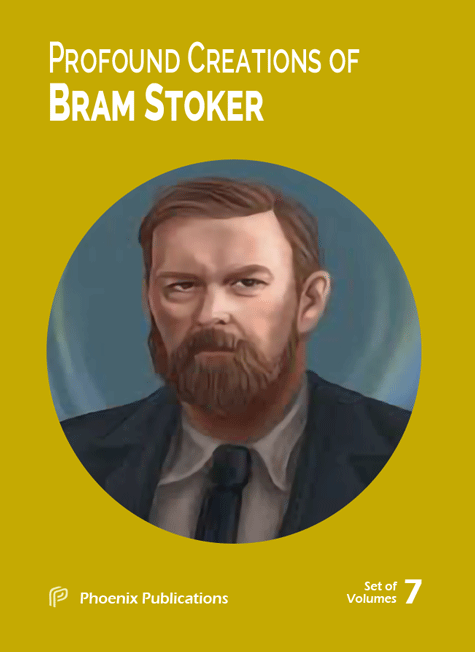Virginia Woolf (1882–1941) was a pioneering English writer and a leading figure in the modernist literary movement of the early 20th century. Born Adeline Virginia Stephen, she emerged from the influential Bloomsbury Group, a collective of intellectuals and artists. Woolf’s innovative narrative techniques and exploration of consciousness left an indelible mark on literature. Her notable works include “Mrs. Dalloway,” “To the Lighthouse,” and “Orlando.” Woolf’s writing often delved into the complexities of human consciousness, reflecting her fascination with the inner lives of her characters.
Beyond her novels, Woolf wrote influential essays, including “A Room of One’s Own,” addressing issues of gender and women’s roles in literature. Her distinctive prose style and contributions to the stream-of-consciousness technique continue to be studied and celebrated, solidifying Virginia Woolf’s legacy as a literary trailblazer and a key figure in the development of modernist literature.



